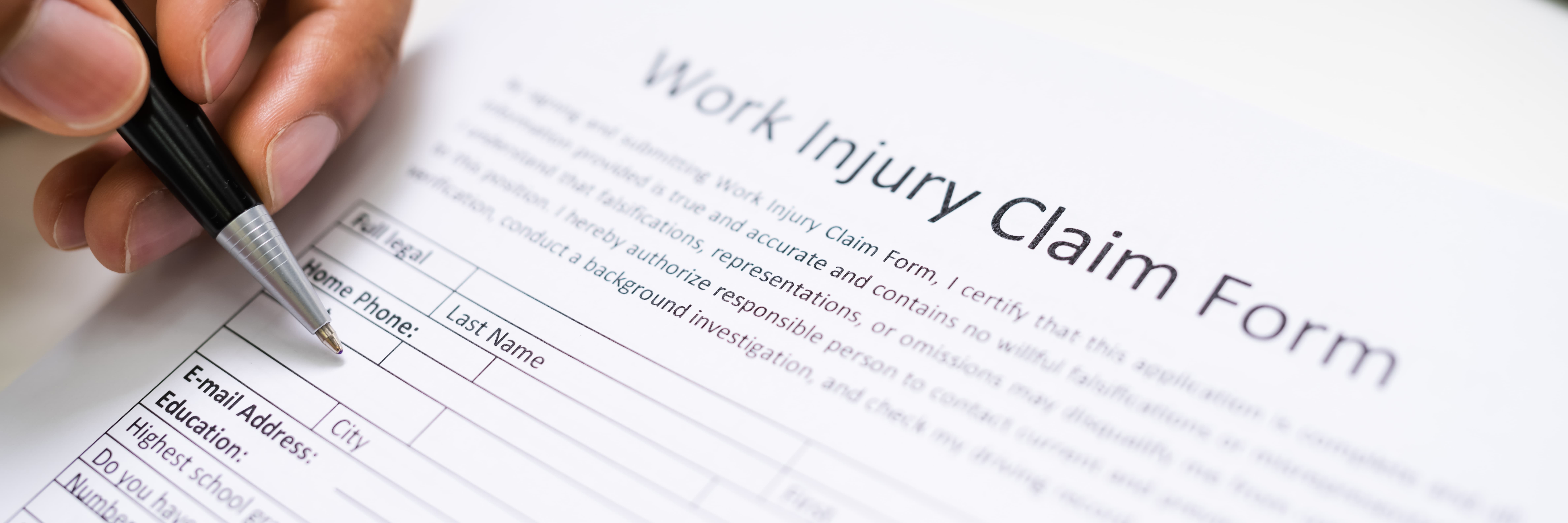How to Give a Deposition in Your Injury Case
How to give a deposition is an essential question for every litigant. It may have crossed your mind if you’re bringing an injury case. Giving a deposition is extremely important to getting a good result for your case. A great deposition may even result in a settlement before trial. However, errors in a deposition can make it much harder to pursue justice. Our personal injury attorneys explain how to give a deposition.
How to Give a Deposition
You might reach an agreement for a deposition date through your attorneys, or the date may be listed on a subpoena. You sit down at a table with a court reporter or stenographer.
One or both parties may have attorneys present. To give a deposition, you answer questions under oath. Be sure only to answer the questions asked, and avoid admitting guilt for the accident. To give a deposition, listen carefully to the questions and try to remain calm.

Can I Refuse to Give a Deposition?
Generally, you can’t refuse to give a deposition. The parties have a legal right to question witnesses under oath, including opposing parties in the litigation. However, even though you can’t outright refuse to give a deposition, you can object to specific questions.
That a question may subject you to criminal liability is one of the most common reasons to refuse to answer questions. A question that asks for privileged information is another common grounds to refuse to answer a deposition question. While you generally can’t refuse to give a deposition, you can object to certain types of questions.
Can You Refuse to Answer Questions in a Deposition?
Yes, you can refuse to answer questions in a deposition. However, you must have the grounds to make a lawful objection. If the other side disagrees with the objection, they can ask the judge to force you to answer the question.
In general, you may have to answer questions that would be legally objectionable in a trial. However, if the question meets one of the types of objections, you can refuse to answer questions in a deposition.
Can You Bring Notes to a Deposition?
No, you cannot bring notes to a deposition. At a deposition, you must testify from memory. You cannot rely on a writing or diary that you bring with you. In fact, if you try to bring notes to a deposition, you can assume that the other side is going to ask for a copy of your notes.
At a deposition, if you can’t remember something, it’s okay to say that you don’t remember. You should never try to guess at an answer when you don’t remember. While your attorney can help you prepare, you cannot bring notes to a deposition.
Are Both Parties Present at a Deposition?
Yes, both parties are present at a deposition. That is, both parties have the right to have notice of the deposition. They have the right to choose to attend. A party may opt not to participate in a deposition, but it’s rare for one of the parties to decline to attend a deposition. Both parties may attend the deposition, and they may both ask questions of the person who is sitting for the deposition.
Can You Plead the 5th in a Deposition?
Yes, you can plead the 5th in a deposition. If testifying in a civil case might reveal information that makes you liable for a crime, you may be able to successfully assert your 5th amendment rights. The purpose of the 5th amendment right is to prevent a person from having to incriminate themselves by giving testimony.
Even if there isn’t a currently pending criminal case, just the possibility of a criminal charge may be enough. However, the possibility of criminal charges must be more than just speculative. If you meet the requirements, you can plead the 5th in a deposition.
What Should I Expect at a Deposition?
At a deposition, you should expect the parties to meet at a designated time and place. The law varies by state, but you can expect to have proper notice of the deposition with at least a few days notice. The parties may be at the deposition, and their attorneys may be present. There may be a court recorder, and the parties may tape the deposition, too. You can expect the court recorder to swear you in. You promise to tell the truth. After swearing-in, you can expect the attorneys to take turns asking you questions about the case.
Deposition Tips and Traps
There are several deposition tips and traps to be aware of when you’re considering how to give a deposition. It’s common for attorneys to ask open-ended questions at a deposition. They want to know what the witness is thinking, and what the witness is going to say without being prompted. In other words, the attorney often tries to make the witness comfortable to get them talking.
It’s important to remember that a deposition is a formal legal proceeding. Even if it has a feeling of informality compared to a courtroom, and even if an attorney tries to make you feel at ease, remember you’re still a part of a court case. Answer only the question that’s asked. Don’t volunteer extra information. In addition, be sure not to speculate. Ask for clarification if you don’t understand a question. Be sure to give your attorney time to state an objection before you begin to answer a question. It’s important to talk to your attorney ahead of time to be sure what to expect when you arrive at your deposition.
How Our Injury Accident Attorneys Can Help
You have the right to be represented by an attorney at your deposition. In fact, you have the right to an attorney’s assistance at every stage in the case. Don’t leave it to chance. Your case is too important to try to go it alone.
The injury lawyers at Bachus & Schanker, LLC, can represent you at your deposition and throughout the case. We have experience helping clients achieve the best possible results in depositions and throughout their legal proceedings. Call us today for your free consultation.






